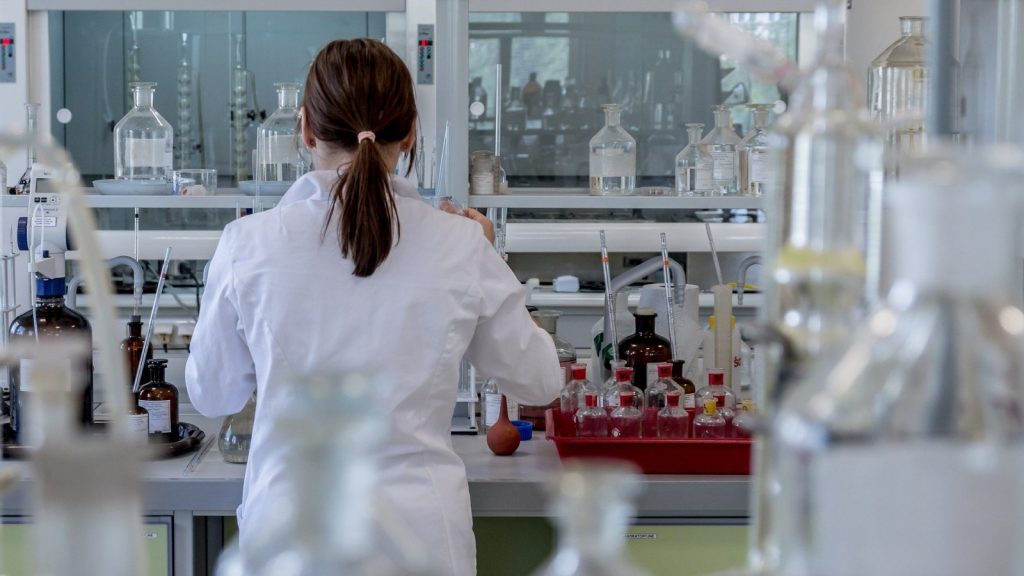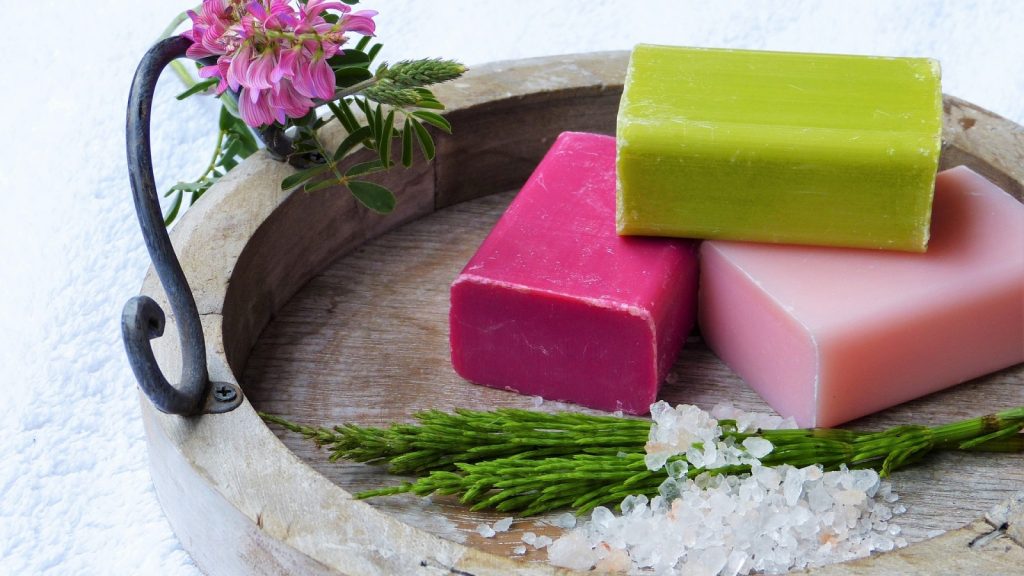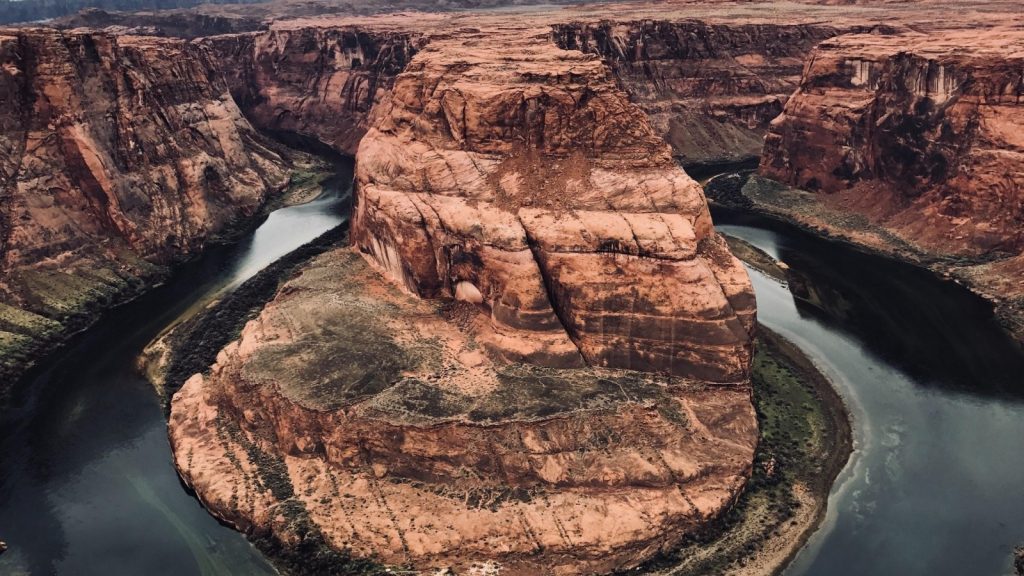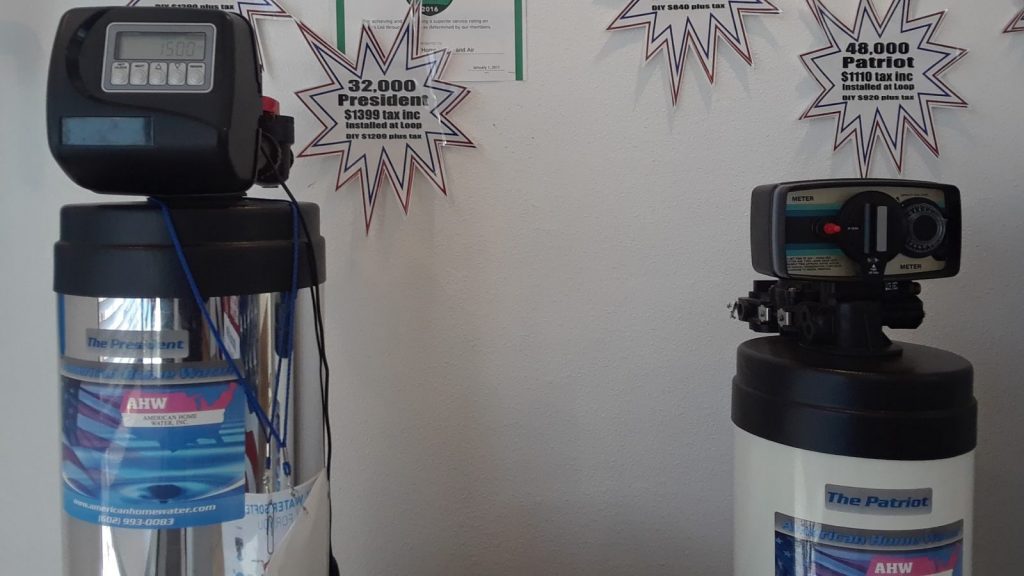In America, 85% of water is rich in calcium and magnesium. This condition, known as ‘hard water’ has devastating impacts on your utility bill, hygiene, and plumbing.
A hard water test can help you pinpoint the precise steps to take as far as alleviating this problem. Let’s take a look at six such tests that will give you a clear idea of how to test for water hardness accurately.
Hard Water Test #1: The Soap Method
When the minerals in hard water come into contact with soap, a chemical reaction occurs that prevents the soap from lathering.
As such, one easy way to test water hardness is to try lathering your skin up with soap. Soft water will produce plenty of bubbles; hard water will cause the soap to stick to your skin, creating more of a film than a soapy lather.
For optimal accuracy with this method, use Castille soap; other products contain chemicals that lather in any type of water.
Hard Water Test #2: Hard Water Kit
The Castille soap method is great for knowing if your water is hard. If you’re wondering how to measure water hardness precisely, however, your best bet is to use a kit. These can be purchased cheaply at most home improvement stores.
While exact testing methods vary from kit to kit, generally you’ll need to run water over the device. It will return a reading that informs you of the mineral concentrations in your water.
How to Interpret a Hard Water Test
The standard unit of measurement for water hardness is grains per gallon (gpg). Problems begin to arise at concentrations of 3 gpg. In Phoenix, Arizona, water hardness ranges between 12 and 17 gpg. Anything above 15 gpg is considered severe hard water, while anything above 11 is very hard and will produce all symptoms of hardness, including:
- dry skin
- pervasive scale buildup
- reduced energy efficiency
Many kits that test water hardness also test for other types of buildup in your water, including chlorine — so it’s a good thing to do even if you feel like you have a solid understanding of your water’s hardness.
Hard Water Test #3: Conduct a Visual Check
Another way to test water hardness is to do a visual inspection of anything your water comes into contact with. Check your sinks, bathtubs, utensils, plates, etc. Hard water produces an unmistakable crusty scale, particularly on faucets and on dishes.
Well maintained water softeners will alleviate this crusty scale, along with the other negative symptoms of hard water.
Hard Water Test #4: Refer to Municipal Numbers
Most municipalities in North America release a yearly report detailing their own hard water test results. Results from your city will give you a clear idea of what to expect as far as water hardness in your home.
You’ll still want to know how to test for water hardness in your home specifically, but local numbers will give you a good baseline understanding.
Hard Water Test #5: Send Your Water to a Lab

Many cities have water testing facilities that know how to measure water hardness with a high degree of accuracy. The Centers for Disease Control and Prevention website has a great resource for getting in touch with your local health department. They should be able to recommend a local testing facility that will look at samples from individuals.
Hard Water Test #6: Get the Professionals to Come to You
Local water softener installers are usually more than happy to stop by your home and test for water hardness. That’s certainly the case for us at American Home Water and Air. In addition to installing HVAC and water systems (including water softeners), we carry out no-obligation testing to help homeowners in the Phoenix, Arizona area understand why the equipment we sell is necessary.
Our technicians do not get paid based on commission; in fact, all site surveys are conducted by one of the owners, Tom Atkinson or Tom Knapp. Instead of trying to sell you the most expensive water softening equipment out there, they prioritize education and helping clients understand the best solution.
What to do About Hard Water
So after discovering how to check water hardness, you’ve run the tests and determined that your home’s water is indeed hard. What next?
Thankfully, the solution is simple. Water softeners are designed to reduce mineral concentrations in your water. They achieve this by swapping calcium and manganese ions for sodium ones.
A water softener is a great investment as it will reduce your energy expenditures and result in healthier skin and hair.
Hard Water Test: Conclusion
By now, you should have a solid idea of how to check water hardness. The tests range from simple (checking for proper soap lathering) to more complicated (specialized kits). Regardless of which method you choose, knowing how to test for water hardness is the first step in ensuring safe, clean, and pure water for your family.
Frequently Asked Questions
Where to buy hard water test strips?
You can buy hard water test strips at most home hardware stores.
What does it mean if my water tests hard?
If your water tests hard, it means it is rich in minerals that can cause negative effects on your health and plumbing. Some environments contain conditions that make for particularly hard water, as in the case of Phoenix, Arizona.
How to test if ions are removed from hard water?
After you install a water softener, conduct a hard water test using one of the methods above. As long as you’re using a softener that relies on the sodium ion swap method (as opposed to potassium, which doesn’t actually soften water), you should notice a significant improvement on the test.
What soap to use for a hard water test?
You need to use basic soap for a hard water test; Castille works best. Other types of soap contain chemicals that will lather regardless of your water’s hardness.
Found this helpful? Also check out How To Protect Yourself From Poor Air Quality In Phoenix and our many service areas for plumbing in Sun City, Glendale, Scottsdale, Mesa and other Phoenix metro regions.
[related_posts_by_tax posts_per_page="3" format="thumbnails" image_size="medium"]









